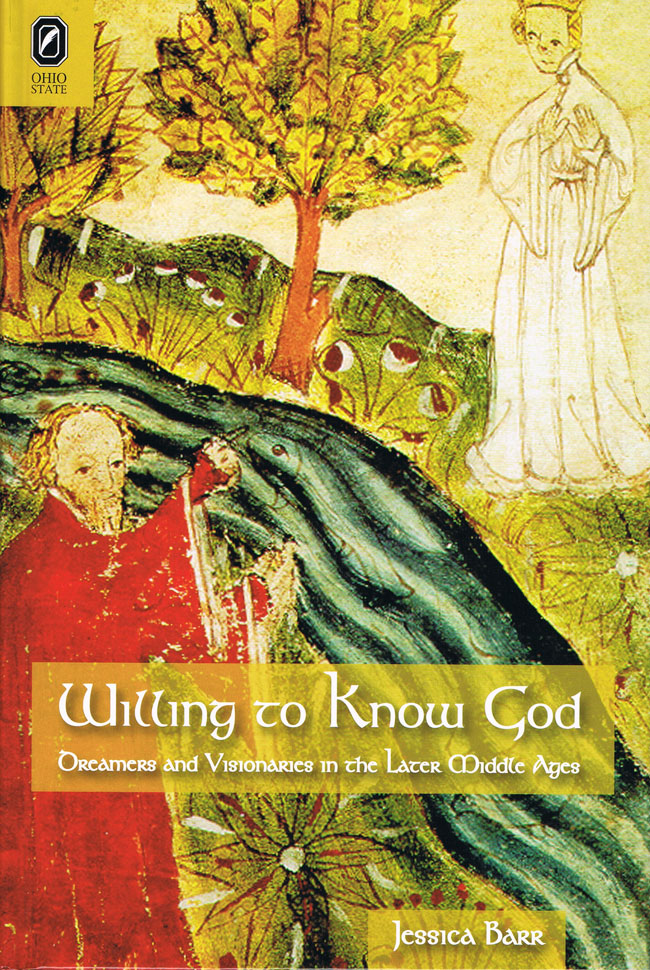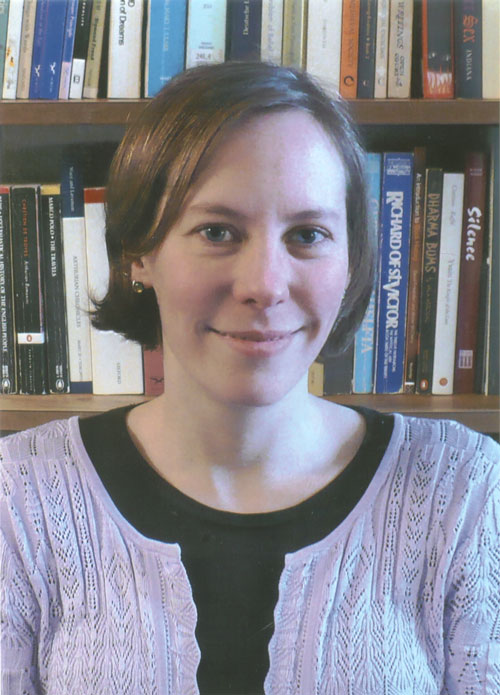Willing to Know GodDreamers and Visionaries in the Later Middle AgesJessica Barr |
 8/23/2010 Literary Criticism/Medieval; Literary Criticism/Feminist 262 pp. 6x9  $49.95 cloth 978-0-8142-1127-4 Add cloth to shopping cart $14.95 CD 978-0-8142-9226-6 Add CD to shopping cart Shopping Cart Instructions Review/Change Shopping Cart & Check-out | |||
| Table of Contents |
“Willing to Know God pursues an important new approach to the material to productive ends. Barr moves beyond standard equations of affective, bodily knowing with female writers and rational, intellectual knowing with males. Her work raises exciting new questions relevant to scholars of literature and theology.” —H-Catholic, H-Net Reviews “By working across genres, Barr is able to bring the male and female visionary traditions together for the first time. This will stimulate discussion and take scholarship on medieval women’s writing in a new direction. This is a very ambitious book.” —Kathryn Lynch, professor of English, Wellesley College “Willing to Know God puts into dialogue two important genres that have hitherto been studied in isolation from each other: the dream vision and the mystical revelation. In doing so, Barr provides a new take on English literary history, a different way of looking at Chaucer, Langland, Kempe, Julian of Norwich, and the Pearl-poet. Barr also elucidates the mystics’ contribution to late medieval culture—not merely to religious culture.” —Karen Winstead, professor of English, The Ohio State University Although authors of mystical treatises and dream visions shared a core set of assumptions about how visions are able to impart transcendent truths to their recipients, the modern divide between “religious” and “secular” has led scholars to study these genres in isolation. Willing to Know God addresses the simultaneous flowering of mystical and literary vision texts in the Middle Ages by questioning how the vision was thought to work. What preconditions must be met in these texts for the vision to transform the visionary? And when, as in poems such as Pearl, this change does not occur, what exactly has gone wrong? Through close readings of medieval women’s visionary texts and English dream poems, Jessica Barr argues that the vision required the active as well as the passive participation of the visionary. In these texts, dreamers and visionaries must be volitionally united with the divine and employ their rational and analytic faculties in order to be transformed by the vision. Willing to Know God proposes that the study of medieval vision texts demands a new approach that takes into account both vision literature that has been supposed to have a basis in lived experience and visions that are typically read as fictional. It argues that these two “genres” in fact complement and inform one another. Rather than discrete literary modes, they are best read as engaged in an ongoing conversation about the human mind’s ability to grasp the divine.
| |||


 Jessica Barr
Jessica Barr